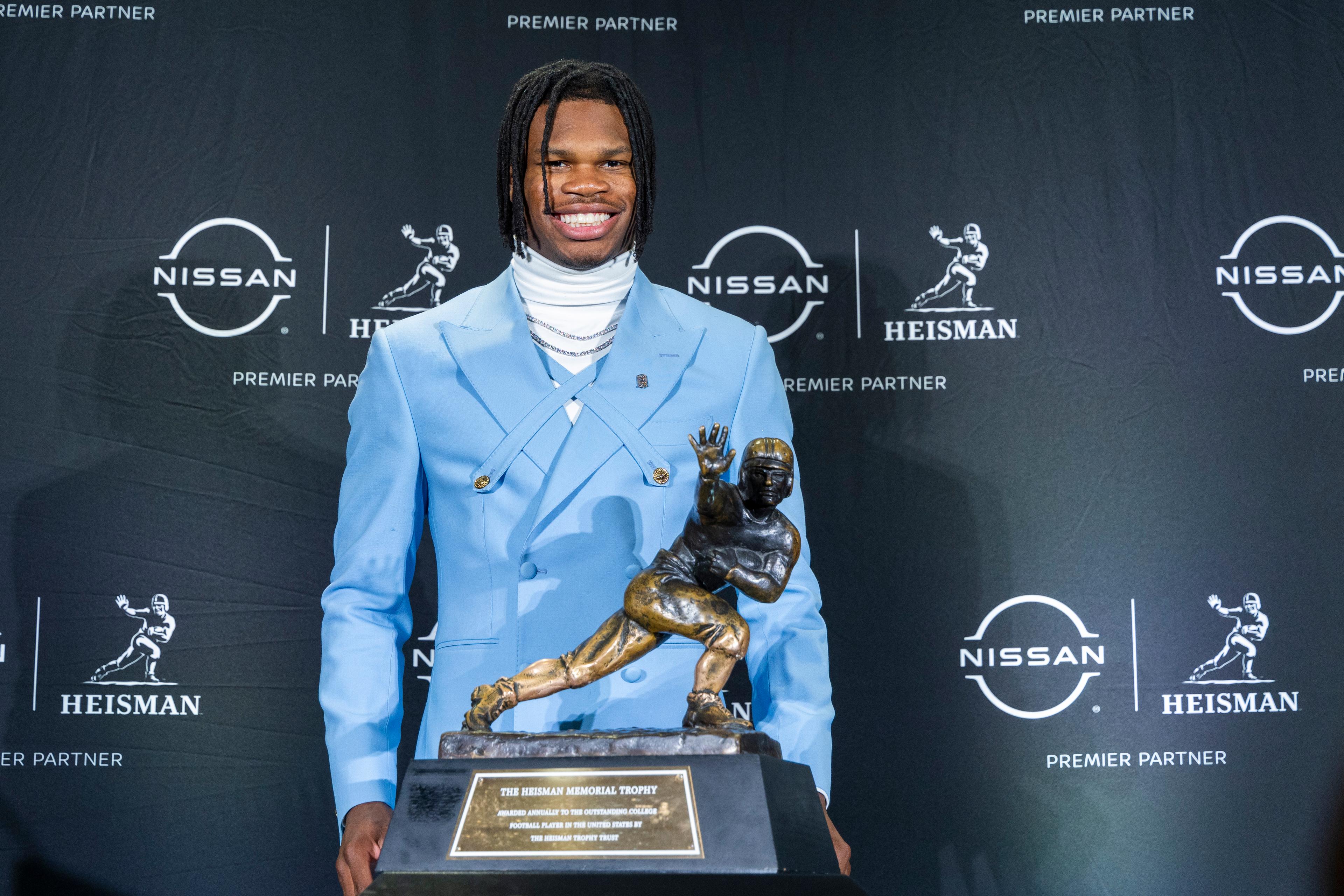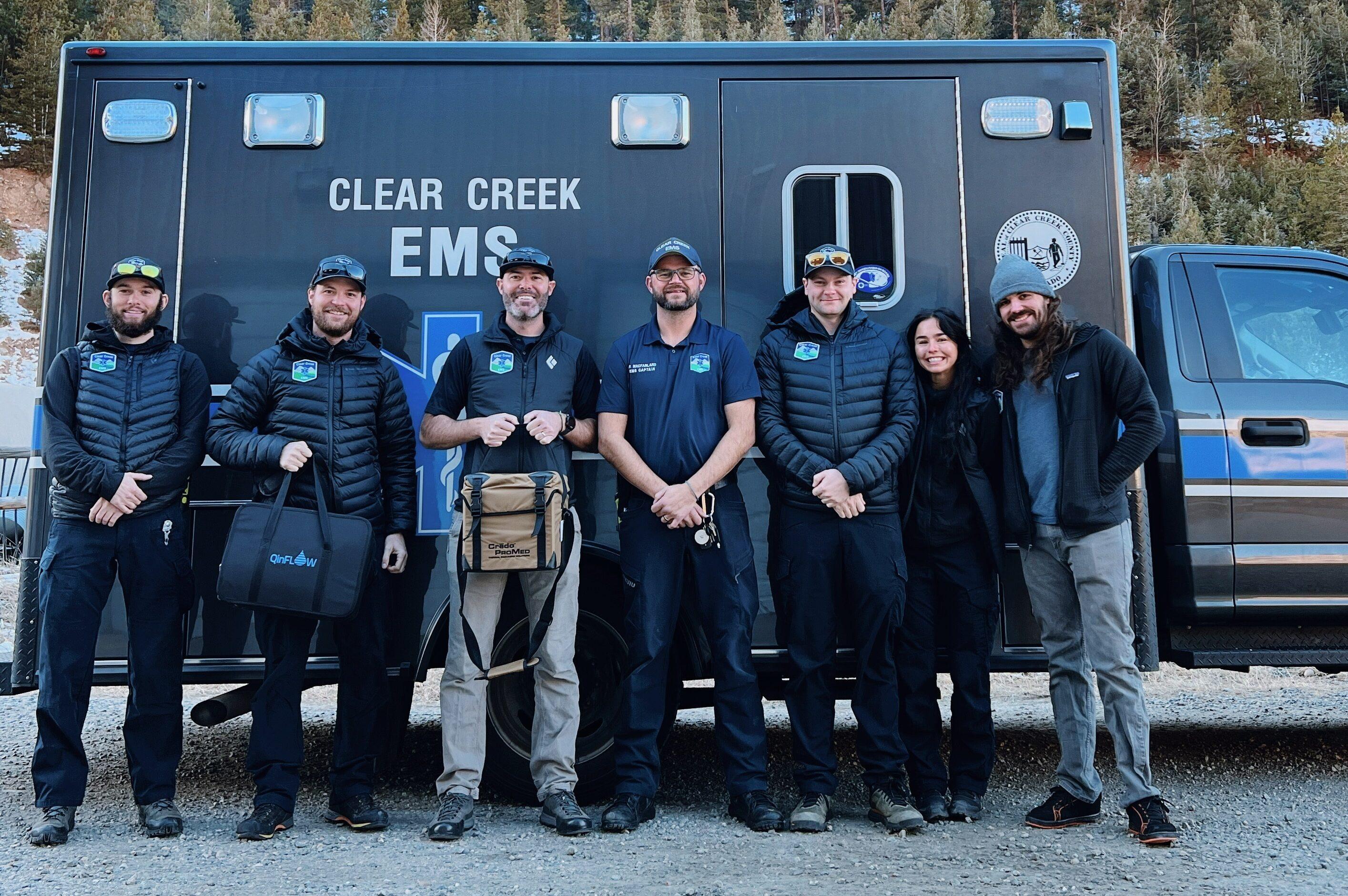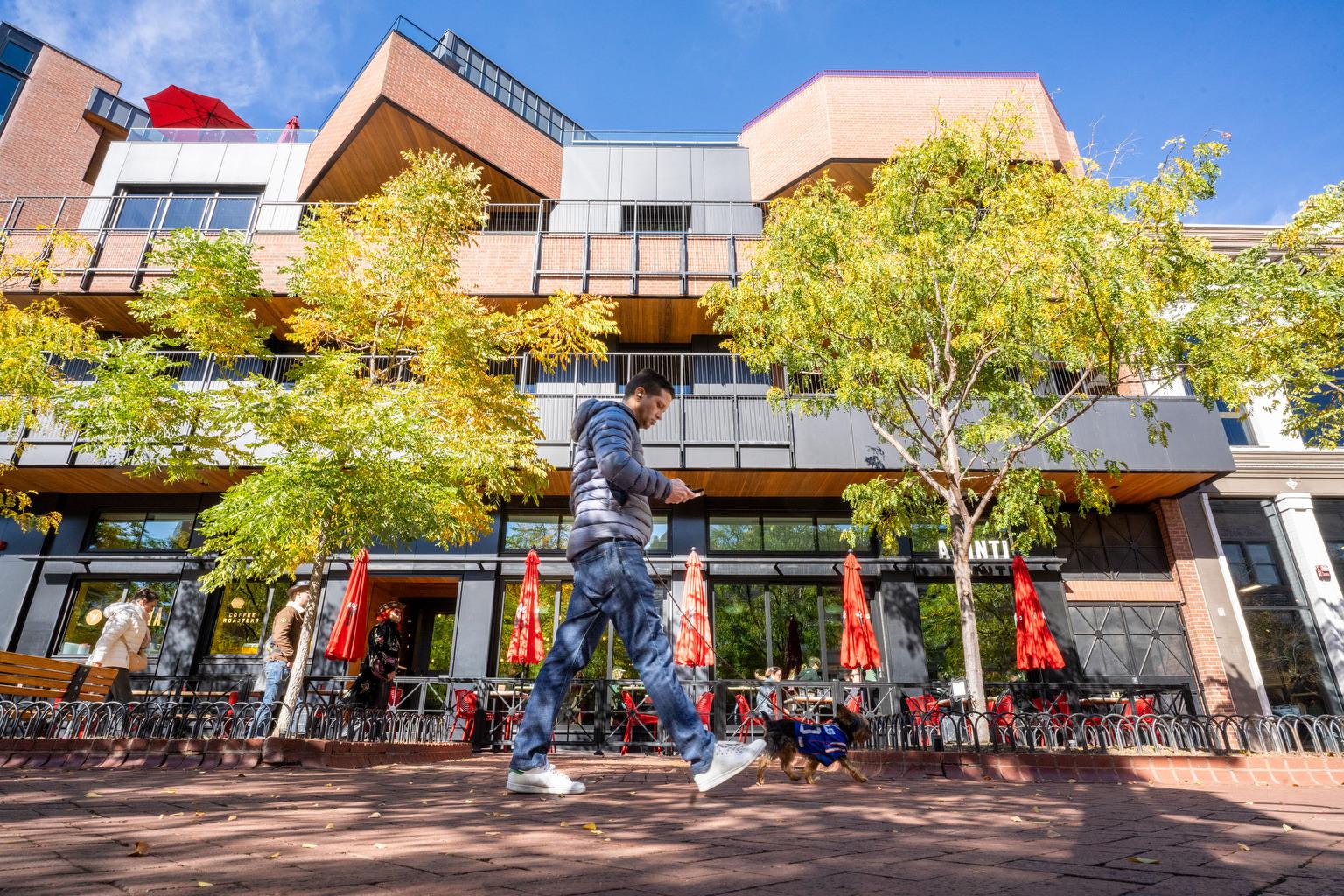Eddie Hurt has been president of the Mountain Shadows Community Association since shortly after the Waldo Canyon Fire. In that role, he's played an active part in the effort to rebuild Mountain Shadows, the neighborhood that he and his family have called home for 12 years. Unlike some of his neighbors, Hurt didn't lose his home in the fire, but that's not to say he wasn't affected.
During the fire, Hurt and his family were evacuated from their home. They stayed with Hurt's parents in the Kissing Camels neighborhood until they, too, were evacuated. On Tuesday, July 26th, the day the fire moved into Mountain Shadows, Hurt says he and his wife could see that things had taken a turn for the worse as officials were addressing the press during a 4pm briefing.
"We're watching the TV," recalls Hurt, "and then I just remember my wife got up and went outside because she'd seen something through the windows, and I'm like, 'that's weird.' So I get up and look, and all of a sudden the winds had picked up and the fire was in Queens Canyon, and we're like, 'holy crap.'"
"Is this really happening?" He thought. "It looked like houses were burning."
Hurt hopped in his parents' golf cart and drove as far west as he could to get a better look at the blaze.
"You do dumb things in crazy situations," says Hurt.
Standing in a grassy field, with live embers landing all around him, he strained his eyes to see the fire creeping toward his neighborhood.
"Is this really happening?" He thought. "It looked like houses were burning."
As the winds picked up, he and his family fled Kissing Camels for a friend's house in a safer part of town. They went to sleep that night wondering whether their house had been burned.
The next day, Hurt got a call from a friend who also lived in the neighborhood.
"He said, 'I'm going in,'" remembers Hurt. Mountain Shadows was closed to the public at the time, but Hurt's friend wanted to see whether his house had burned down. "I was like, 'all right, I'll go with you, and try to keep you from getting arrested.'"
They snuck into the neighborhood through the drainage system, hopped fences, and eventually arrived at Hurt's home.
"It was still there. And everything around my house was still there, and it was like, 'wow, this is good... kinda."
"Because I didn't lose my house, I wasn't 'affected,' at least based on everything that was being said in the media."
So they made their way toward Hurt's friend's house. But with homes still smoldering and spot fires sparking up all over, they decided the conditions were getting too dangerous. Hurt went out into the street, where he got the attention of a police officer patrolling the area. After some back and forth, the officer reluctantly agreed to drive them through the evacuated neighborhood. As they approached the house, it became clear that Hurt's friend hadn't been so lucky.
"When we drove by the back of his house, there was nothing. We didn't even recognize it. We didn't even know his house was gone" says Hurt. When they took another pass by the house, Hurt's friend recognized a boulder from the corner of his street. "That's where my house used to be," Hurt recalls him saying.
Hurt remembers the guilt he felt in that moment. It was a feeling that would persist as they went back to tell their families what they'd found, and later as he and his family re-entered the neighborhood to see their house more or less just as they'd left it.
He also remembers the anger.
"Because I didn't lose my house, I wasn't 'affected,' at least based on everything that was being said in the media," he says. "But it was like, 'I'm affected, my neighbors around me are affected, my best friend's parents -- every house around them burned down -- are they affected, hell yeah they're affected.'"
The neighborhood was dramatically changed. The sight of burned trees and decimated houses, the smell of ash anytime it rained -- Hurt says it was all hard to take. As president of the Mountain Shadows Community Association he was active in recovery efforts, and he tried to remain positive. But, he says, privately he struggled with whether he wanted to stay in the neighborhood.
He knew he probably couldn't sell his home, he says. Asked whether he would've moved if he could have, he says, "I don't know. Probably. But I would've regretted it big time."
"We're a band of brothers and sisters and mothers and fathers."
Five years later, he says the neighborhood is reborn, and in certain ways it's better and stronger than before.
"Who would've thought that we would've gotten to where we're at today," he marvels.
He says the experience of the fire and its aftermath bonded those who went through it. From community meetings and neighborhood get-togethers to regular meetings of the Mountain Shadows Fighting and Drinking Club -- an informal group that Hurt started to bring men together at a local bar to talk about their feelings after the fire -- he says the neighbors supported each other and processed the tragedy together.
"We're a band of brothers and sisters and mothers and fathers," he explains. "We just have that bond now. People look out for each other. They like each other. They go outside and talk with each other. So, not only is the neighborhood beautiful, it's made us a better community."
Listen to the story from Eddie Hurt in the player above.
This story comes from 91.5 KRCC's special series, "Five Years Later: Remembering the Waldo Canyon Fire." Find more stories from those affected by the fire here.









